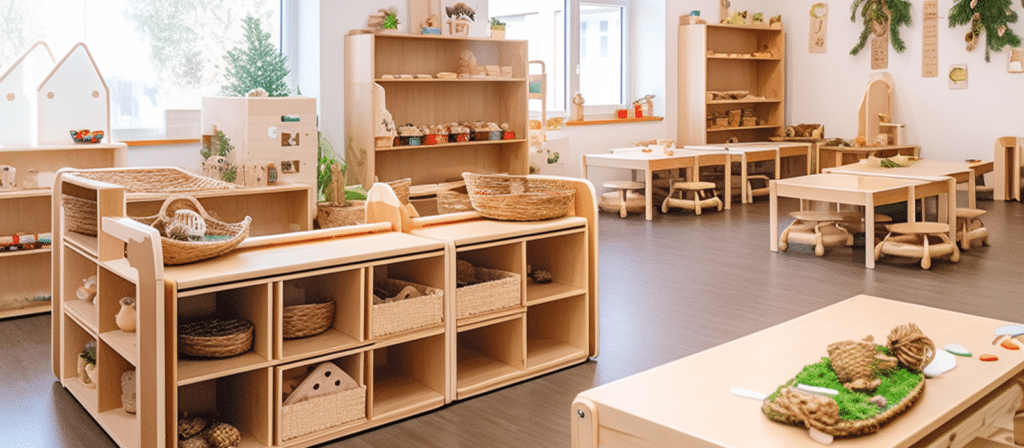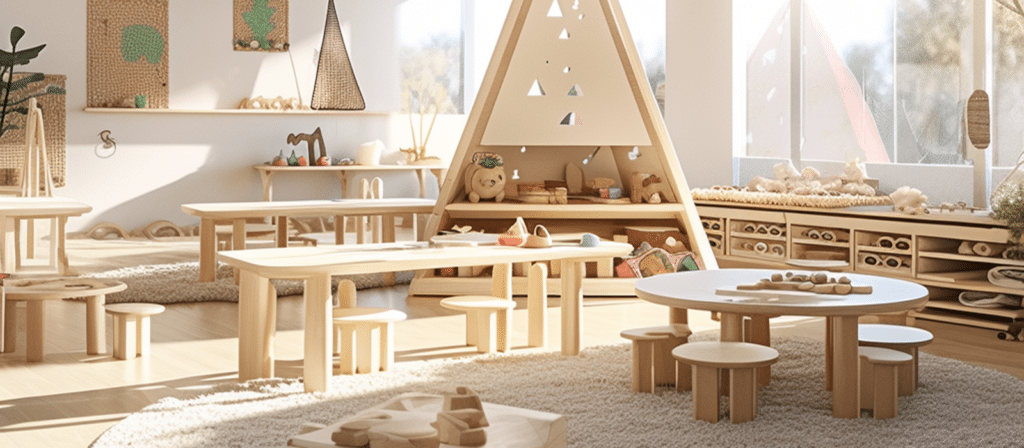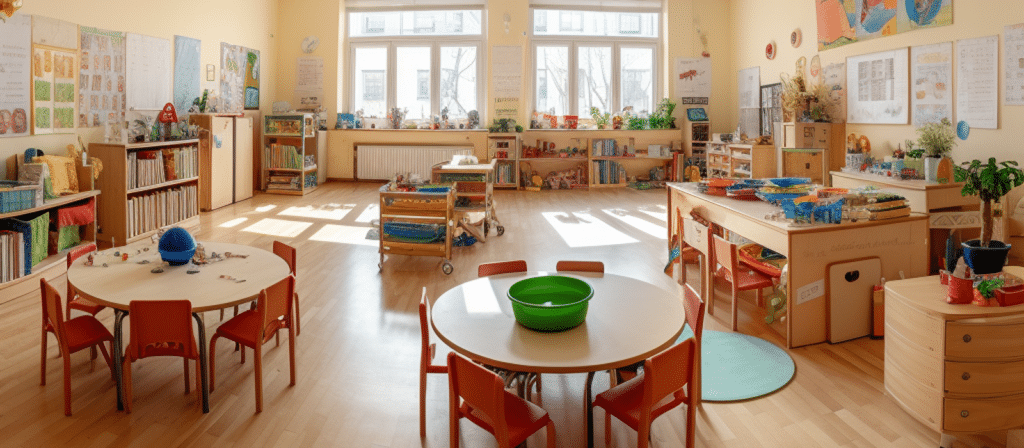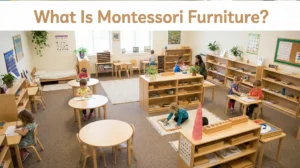Are you curious about how the right preschool furniture can empower young learners and foster their independence? Join us on a journey to discover the transformative impact of well-designed preschool furniture in nurturing independence in children.
Using Preschool Furniture to Encourage Independence is not just about creating a comfortable learning environment; it’s about providing the tools and spaces that allow children to explore, create, and learn on their terms.
When children are given the opportunity to make choices and take responsibility for their actions, they develop a sense of independence that will benefit them throughout their lives. Preschool furniture plays a significant role in creating an environment that supports and nurtures this independence.
Why is preschool furniture important for encouraging independence?
Preschool furniture is designed with the specific needs of young children in mind. It is scaled-down, sturdy, and accessible, allowing children to use it independently. Tables and chairs at the right height, for example, enable children to sit comfortably and engage in activities without needing constant adult assistance.

How can preschool furniture be used to promote independence?
- Child-sized furniture: Providing child-sized furniture allows children to navigate their environment independently. They can choose where and how they want to sit, stand, or work, giving them a sense of ownership over their space.
- Open-ended materials: Offering a variety of open-ended materials, such as building blocks, art supplies, and puzzles, encourages children to explore and create independently. These materials do not have a predetermined outcome, allowing children to use their imagination and problem-solving skills.
- Accessible storage: Organizing materials in easily accessible storage units empowers children to independently select and put away their belongings. Labeling bins and shelves with pictures or words helps children identify where items belong, promoting a sense of order and responsibility.
- Choice of seating: Providing flexible seating options, such as bean bags, floor cushions, or small stools, allows children to choose a seating arrangement that suits their preferences and needs. This freedom of choice enhances their comfort and independence during group activities or individual tasks.
- Child-friendly layout: Arranging furniture in an open and inviting layout encourages children to move around freely and engage with different learning centers. Creating separate areas for reading, art, sensory play, and dramatic play enables children to explore their interests independently.
- Responsibility and clean-up: Teaching children the importance of taking care of their environment and cleaning up after themselves instills a sense of responsibility and independence. Having child-sized brooms, dustpans, and cleaning supplies readily available allows children to participate in the clean-up process.
What are the benefits of encouraging independence in preschoolers?
Encouraging independence in preschoolers has numerous benefits that extend beyond their early years. When children are given the opportunity to make their own choices, solve problems, and take responsibility for their actions, they develop:
- Confidence: Independence allows children to trust their own abilities and make decisions with confidence. This self-assurance will support them in facing challenges and trying new things throughout their lives.
- Critical thinking skills: When children are encouraged to think independently, they develop critical thinking skills. They learn to analyze situations, make informed decisions, and solve problems creatively.
- Self-reliance: Independence fosters self-reliance, enabling children to take care of their own needs and become more self-sufficient. This skill is essential for their future success in school and beyond.
- Social skills: Independence cultivates social skills as children learn to interact with their peers, negotiate, and collaborate. It also allows them to develop a sense of empathy and respect for others’ independence.

In Conclusion
Encouraging independence in preschoolers is vital for their overall development and future success. By providing preschool furniture that is tailored to their needs and promoting a sense of ownership, choice, and responsibility, we can help children become confident, self-reliant, and capable individuals.













